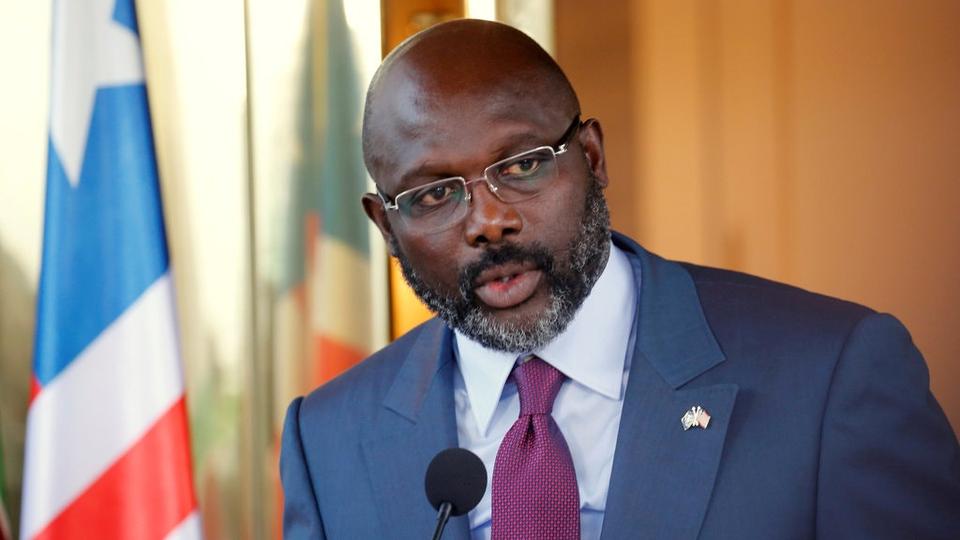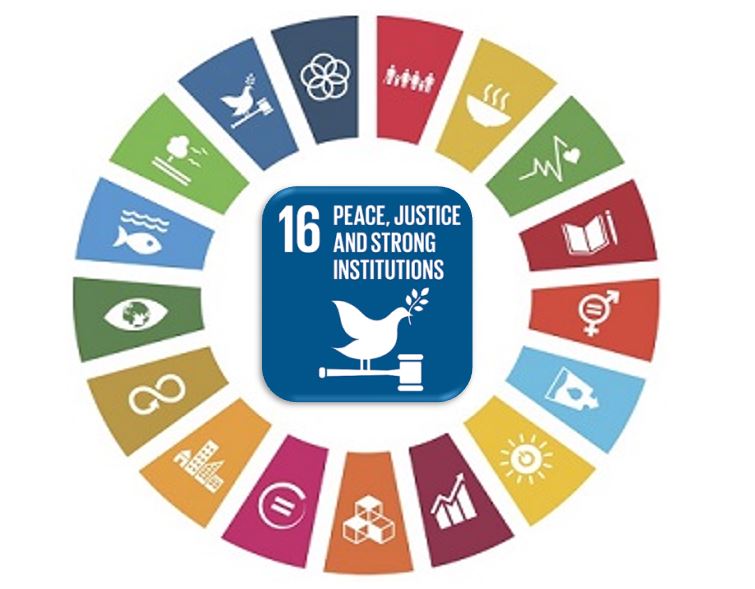Ryanair has dropped a requirement for South African passengers to prove their nationality before travelling by completing a test in Afrikaans, the British budget airline’s chief executive Michael O’Leary said after the policy caused a backlash among South Africans.
The South African government said last week it was taken aback by the low-cost carrier’s decision to force UK-bound travellers holding the country’s passport to take the test, calling the move a “backward profiling system”.
Afrikaans is spoken by just 12 per cent of the 58 million people in the country and is often associated with the former white-led apartheid government. The country also has 11 official languages including Zulu, isiXhosa, Afrikaans, Sepedi, Setswana, English, Sesotho, Siswati and Ndebele.
O’Leary, whose airline does not operate flights to and from South Africa but carries more passengers around Europe than anyone else, described the South African government’s profiling accusation as “rubbish” but said the test had been dropped.
“The South African government have acknowledged that there’s a problem with the vast number of false or fake South African passports,” O’Leary told a news conference in Brussels on Tuesday, citing a surge in false South African passports on a route between Turkey and Ireland.
“Our team issued a test in Afrikaans of 12 simple questions like what’s the name of the mountain outside Pretoria? They have no difficulty completing that, but we didn’t think it was appropriate either. So we have ended the Afrikaans test because [it] doesn’t make any sense.”
Last month, South African lawyer Zinhle Novazi faced the test, which included naming the highest mountain, its largest city and one national holiday, when travelling by Ryanair from Ibiza, Spain, to London on May 29.
“I was able to answer the questions,” said Novazi, who learned Afrikaans in school but is not a native speaker of the language. She was then allowed to board the plane.
The test triggered a backlash from South Africans in Johannesburg.
“They’re using this (test) in a manner that is utterly absurd,” Conrad Steenkamp, the chief executive officer of the Afrikaans Language Council, had said.
The imposition of Afrikaans in schools was a principal reason behind the 1976 Soweto uprising against South Africa’s apartheid regime. The protests were met with police brutality which led to at least 170 people being killed.
The white minority rule ended in 1994 when Nelson Mandela became the first Black president of South Africa.


